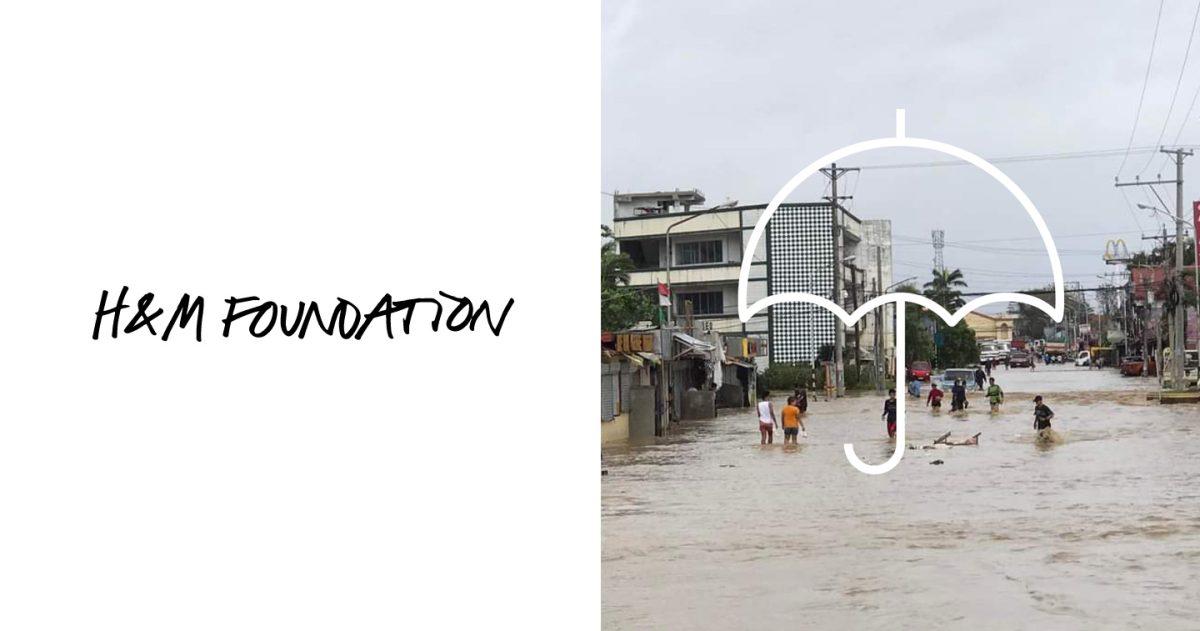MANILA, PHILIPPINES – On December 16, Typhoon Rai, locally named Odette, hit Philippines with full force. The typhoon brought destruction and hardship to some of the most vulnerable communities in the country. H&M Foundation is donating USD 100,000 to the Red Cross to support the people affected.
Typhoon Rai has caused widespread damage to buildings affecting livelihoods, agriculture and infrastructure. It has also brought severe flooding and rain-induced landslides to large parts of the areas in its way. Communication, power lines and water supply have been widely disrupted.
At this stage it is estimated that over 1.8 million people have been affected by the typhoon and close to 440,000 are currently displaced. The country has battled COVID-19 for two years which has affected the country financially, and with more bad weather predicted to come, support is needed urgently.
The donation will for example be used for:
- Shelter, housing and settlements (people targeted – 90,000)
- Livelihoods (people targeted – 90,000)
- Health and care (people targeted – 100,000)
- Protection, gender and inclusion (people targeted 400,000)
- Risk reduction, climate adaption and recovery (people targeted – 60,000)
“The H&M Foundation has been in partnership with the Swedish and Philippine Red Cross since 2013 after the onslaught of Typhoon Yolanda. They also made a donation after Typhoon Vinta ravaged southern Philippines and affected over 90,000 children in 2017, as well as to the affected communities in Eastern Visayas following Typhoon Ursuala. And then most recently, to the affected communities during the Taal Volcano eruption and Typhoon Ulysses that happened in 2020,” shares Frankie Shadbolt, H&M Philippines’ Country Sales Manager.
The USD 100,000 that the H&M Foundation provided through the Philippine Red Cross for each of the major calamities in the country have contributed to meet the immediate humanitarian needs of women, men, and children by ensuring that affected communities have immediate access to the essential items and services. These include water, food, sanitation, shelter, healthcare, livelihoods, psychosocial support and protection.








